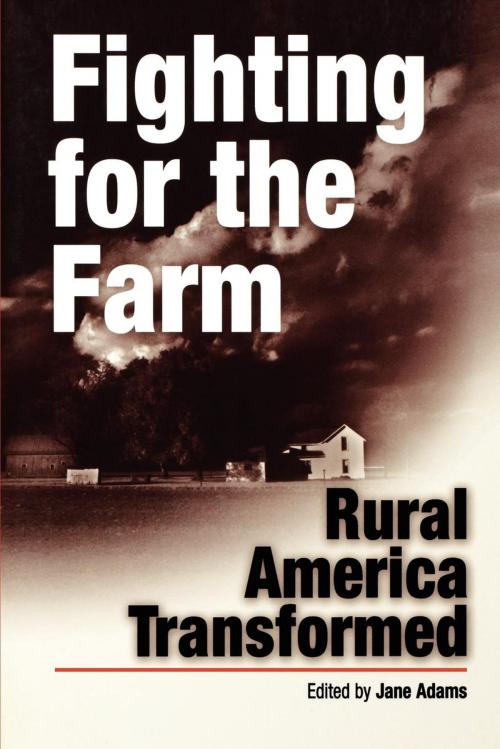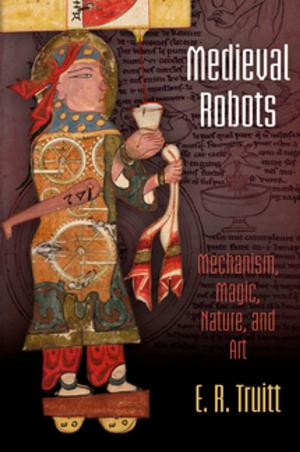Fighting for the Farm
Rural America Transformed
Nonfiction, Social & Cultural Studies, Social Science, Sociology, Rural| Author: | ISBN: | 9780812201031 | |
| Publisher: | University of Pennsylvania Press, Inc. | Publication: | March 26, 2013 |
| Imprint: | University of Pennsylvania Press | Language: | English |
| Author: | |
| ISBN: | 9780812201031 |
| Publisher: | University of Pennsylvania Press, Inc. |
| Publication: | March 26, 2013 |
| Imprint: | University of Pennsylvania Press |
| Language: | English |
In North America industrial agriculture has now virtually displaced diversified family farming. The prevailing system depends heavily on labor supplied by migrants and immigrants, and its reliance on monoculture raises environmental concerns. In this book Jane Adams and contributors—anthropologists and political scientists among them—analyze the political dynamics that have transformed agriculture in the United States and Canada since the 1920s. The contributors demonstrate that people become politically active in arenas that range from the state to public discourse to relations between growers and their contractors or laborers, and that politics is a process that is intimately local as well as global.
The farm financial crisis of the 1980s precipitated rapid consolidation of farms and a sharp decline in rural populations. It brought new actors into the political process, including organic farmers and environmentalists. Fighting for the Farm: Rural America Transformed considers the politics of farm policy and the consequences of the increasing alignment of agricultural interests with the global economy. The first section of the book places North American agriculture in the context of the world system; the second, a series of case studies, examines the foundations of current U.S. policy; subsequent sections deal with the political implications for daily life and the politics of the environment.
Recognizing the influence of an array of political constituencies and arenas, Fighting for the Farm charts a decisive shift since the early part of the twentieth century from a discursive regime rooted in economics to one that now incorporates a variety of environmental and quality-of-life concerns.
In North America industrial agriculture has now virtually displaced diversified family farming. The prevailing system depends heavily on labor supplied by migrants and immigrants, and its reliance on monoculture raises environmental concerns. In this book Jane Adams and contributors—anthropologists and political scientists among them—analyze the political dynamics that have transformed agriculture in the United States and Canada since the 1920s. The contributors demonstrate that people become politically active in arenas that range from the state to public discourse to relations between growers and their contractors or laborers, and that politics is a process that is intimately local as well as global.
The farm financial crisis of the 1980s precipitated rapid consolidation of farms and a sharp decline in rural populations. It brought new actors into the political process, including organic farmers and environmentalists. Fighting for the Farm: Rural America Transformed considers the politics of farm policy and the consequences of the increasing alignment of agricultural interests with the global economy. The first section of the book places North American agriculture in the context of the world system; the second, a series of case studies, examines the foundations of current U.S. policy; subsequent sections deal with the political implications for daily life and the politics of the environment.
Recognizing the influence of an array of political constituencies and arenas, Fighting for the Farm charts a decisive shift since the early part of the twentieth century from a discursive regime rooted in economics to one that now incorporates a variety of environmental and quality-of-life concerns.















